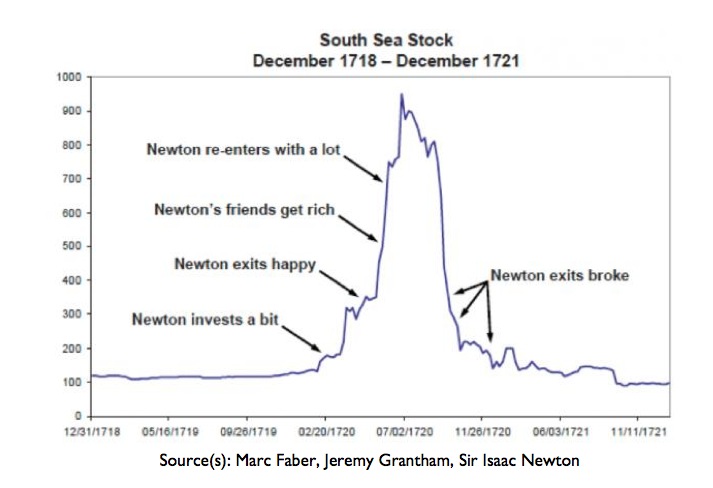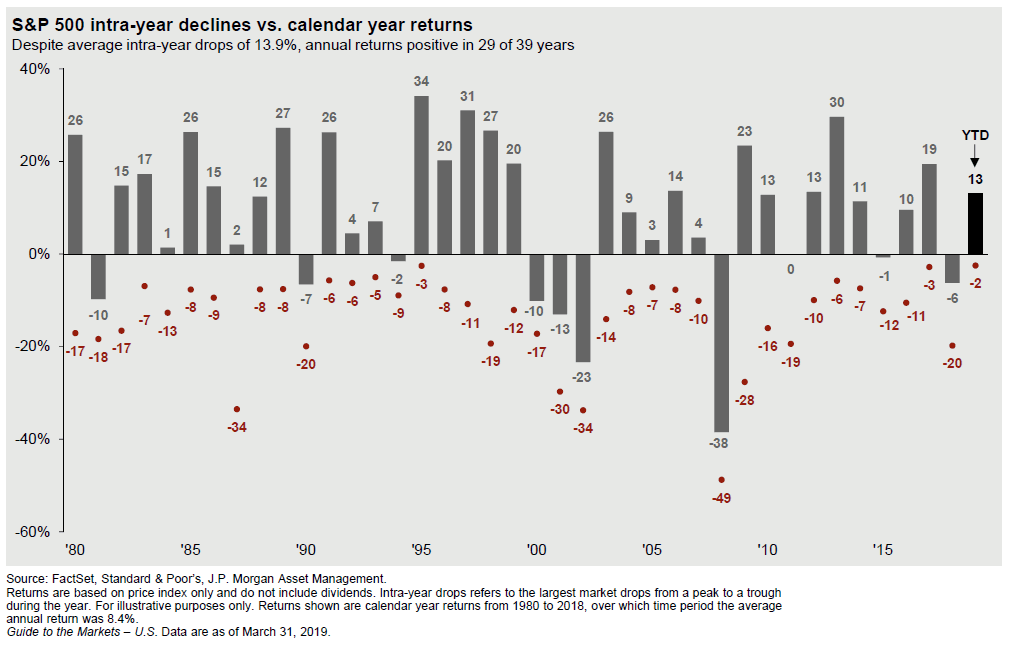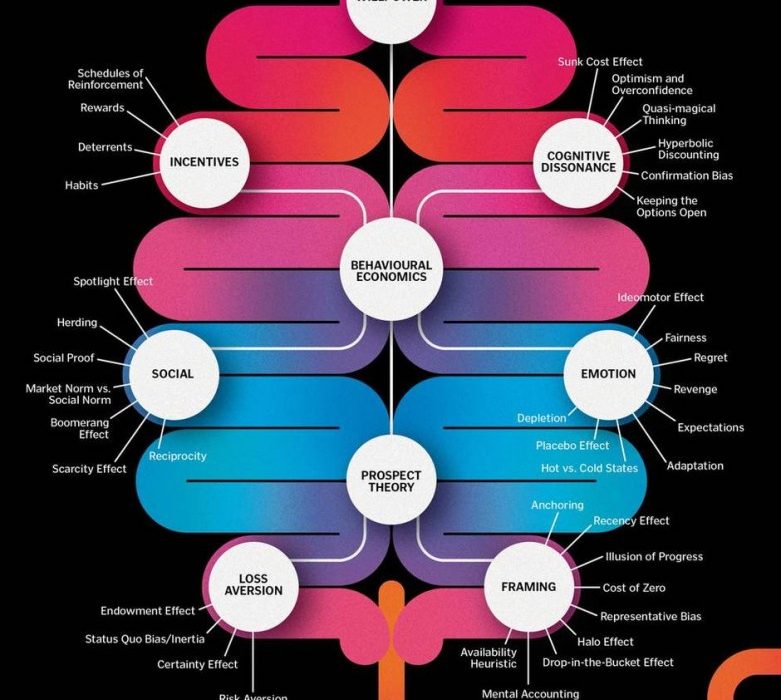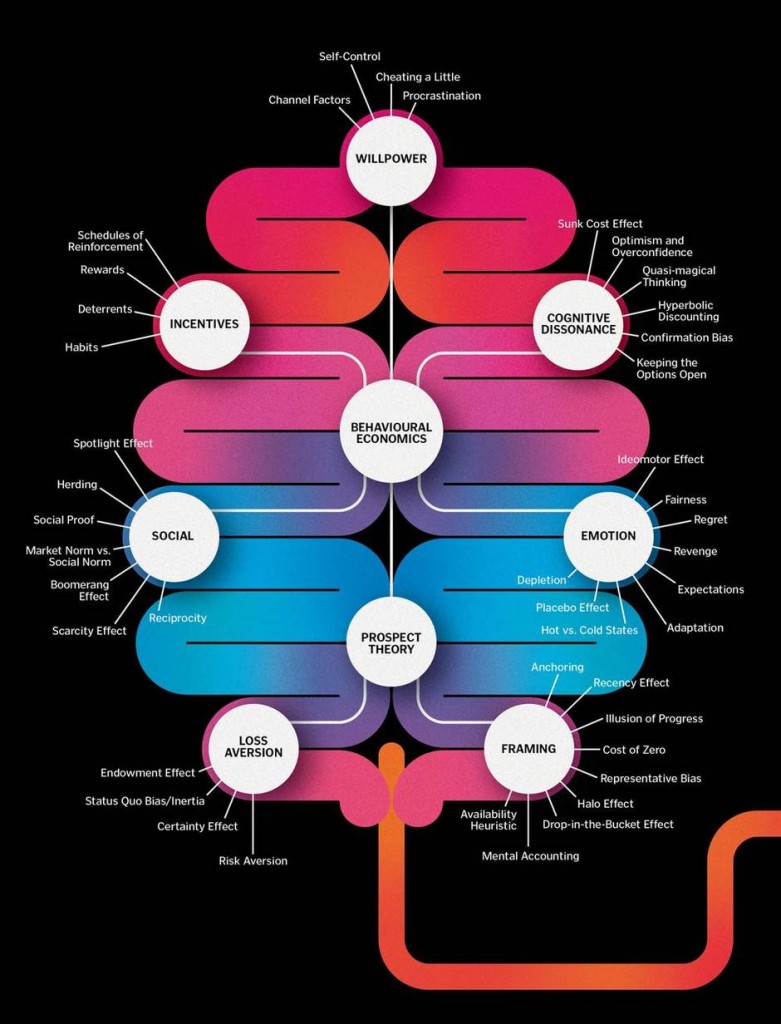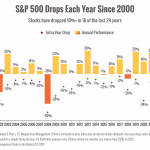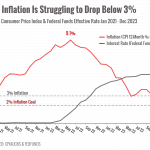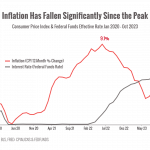When promised quick profits, respond with a quick “no”
 Warren Buffett is one of the most successful and sage investors alive today. Students of investing anxiously await his annual letter to shareholders to glean pearls of the wisdom from this master.
Warren Buffett is one of the most successful and sage investors alive today. Students of investing anxiously await his annual letter to shareholders to glean pearls of the wisdom from this master.
Here’s one of our favorite Warren Buffett quotes from the 2014 letter:
“You don’t need to be an expert in order to achieve satisfactory investment returns. But if you aren’t, you must recognize your limitations and follow a course certain to work reasonably well. Keep things simple and don’t swing for the fences. When promised quick profits, respond with a quick ‘no.’”
Unfortunately there are many people that are victimized by financial fraudsters. It happens everywhere and all the time. For example, in 2014 a Charlotte, NC man, Mitchell Brian Huffman, was ordered to a pay $2.1 million civil penalty for operating a Ponzi scheme that bilked clients out of about $3.2 million.
Huffman told his 30 victims that he was generating outrageously high annual rates of return of 100% to 150% using a proprietary trading program. Huffman used their money to fund a lavish lifestyle including classic cars and luxury vacations.





